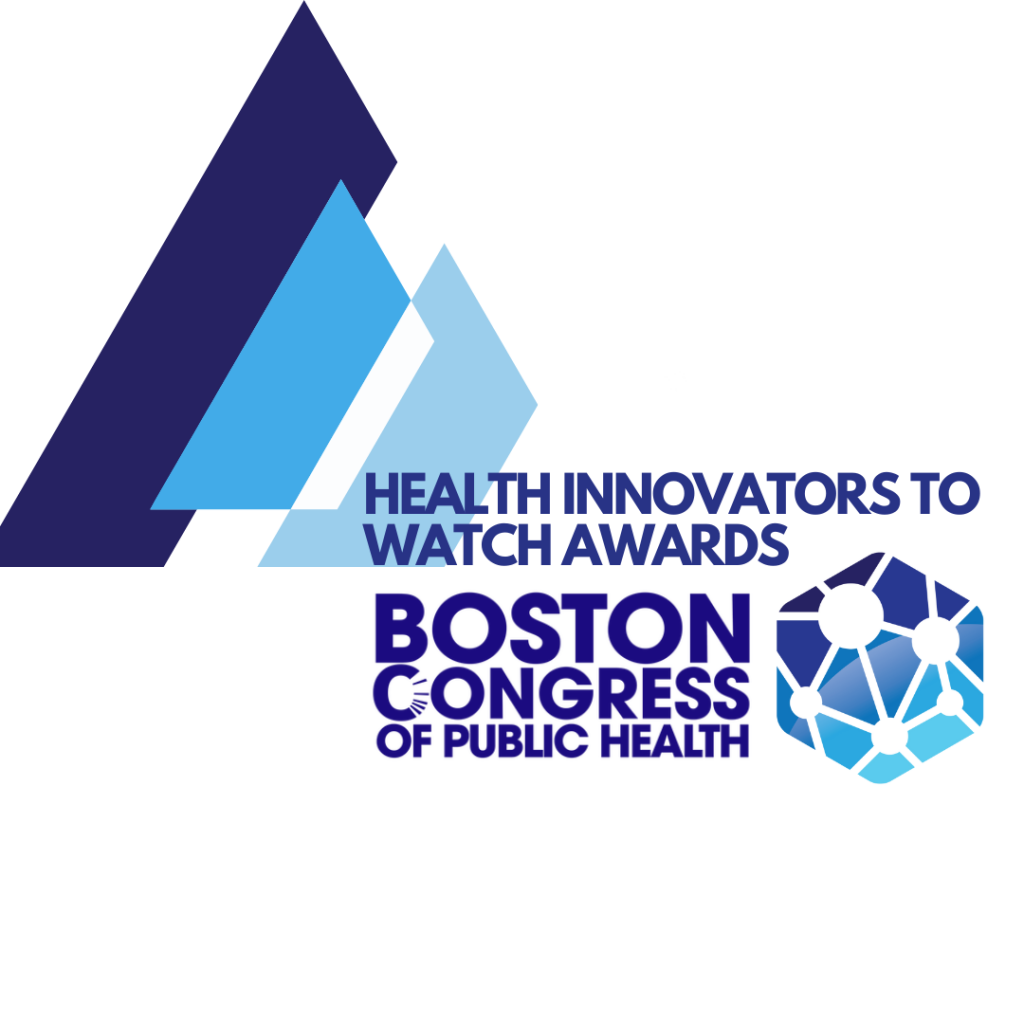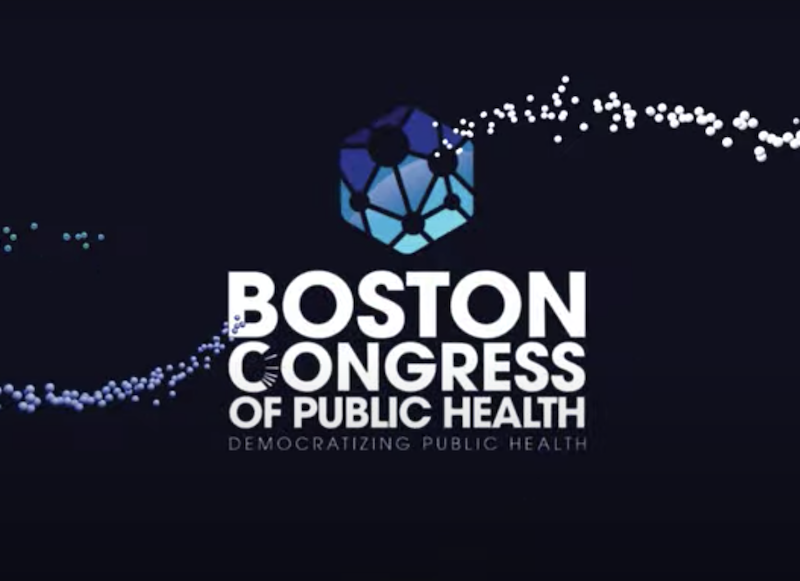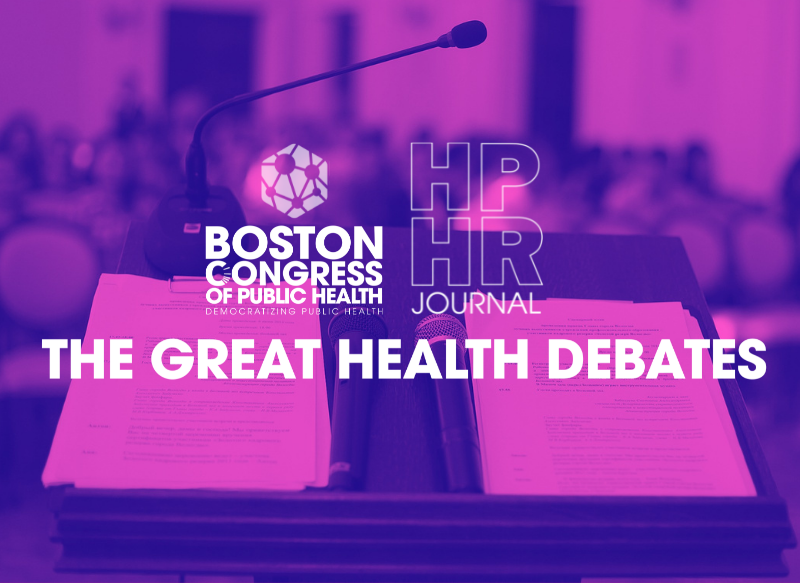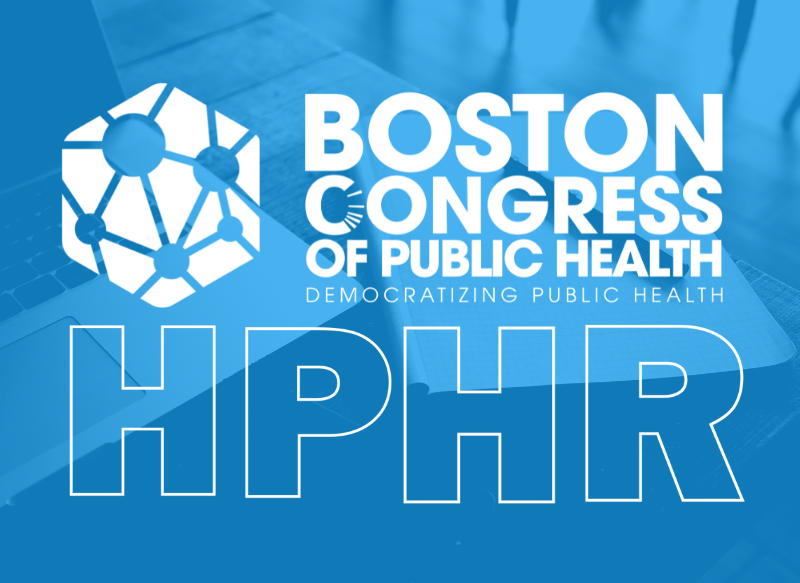

Dr. Karen Johnson is an Assistant Professor of Social Work at the University of Alabama. Johnson received her Ph.D. from Columbia University, School of Social Work and completed post-doctoral training in Global Mental Health and Implementation Science from Columbia University / New York State Psychiatric Institute in August 2018. Dr. Johnson is an affiliate with the University of Alabama at Birmingham (UAB) Center for AIDS Research and in 2020 completed a UAB National Institutes of Health-funded fellowship in Minority Health and Health Disparities research.
Dr. Johnson has also completed a research fellowship at Johns Hopkins University (2021) and is currently a Visiting Scholar at Yale University. Dr. Johnson’s research explores historical, cultural, and contextual factors such as trauma, racism, oppression, religiosity, stigma, and place that drives sexual risk behaviors in Black women living in the Northeast and the deep South. Her work specifically focuses on 1) decreasing sexual risk behaviors and other co-occurring risks such as intimate partner violence, common mental health disorders among low-income, drug-using women across the life course; 2) evidence-based intervention development, adaptation, acculturation, and implementation; and 3) training and engagement of peer interventionists.
In addition to her research training, Dr. Johnson has over twenty years of direct practice experience working with low-income women with high rates of incarceration, homelessness, drug use, and sexual risk behaviors. Dr. Johnson has also served as a co-investigator and supported intervention adaptation and implementation efforts for studies funded by the National Institute of Drug Abuse and the Substance Abuse and Mental Health Services Administration. Dr. Johnson is also a New York State Office of Mental Health (NYS OMH) Policy Scholar and a Center on Community-Based Partnerships Graduate Fellowship Award recipient.
Dr. Johnson designed and implemented an implementation science-focused qualitative study with drug-using, formerly homeless women on probation and parole (n=30) and practitioners (N=10) in justice, clinic and shelter settings funded by NYS OMH and currently has three active research pilots, all of which are implementation science focused. Two of the three focus on implementing multi-media HIV/STI prevention interventions with Black, drug-using, justice-involved women in rural and sub-urban criminal justice settings in Alabama. The third focuses on reducing health disparities and transportation inequities experienced by HIV-positive men and women receiving treatment services AIDS Services Organization in Alabama’s Black Belt.
Dr. Johnson is currently the principal investigator of an implementation science-focused study funded by the National Institutes of Health which aims to adapt and implement an HIV prevention intervention for justice-involved Black women who use substances in the Deep South.
Personal Statement
Significant gaps and health inequities remain in HIV prevention efforts in U.S. Deep South states resulting in continuing disproportionately high rates of HIV and co-occurring sexually transmitted infections (STI), low rates of PrEP uptake, and low endorsement of antiretroviral treatment (ART) among low-income, heterosexual, cisgender, women who misuse substances. These risks are greatly exacerbated by involvement in U.S.’ community correction system (e.g., probation, parole), race, depression and other common mental health disorders (CMHDs), and a highly concentrated matrix of social and structural determinants of health (S+SDoH) and cultural and contextual risks (C+C risks) unique to and/or appreciably higher in the Deep South. My work directly addresses these intersecting risks and contributes importantly towards ongoing efforts to End the HIV Epidemic in the U.S. as a whole, and in Deep South states in particular.
I am an Assistant Professor at the University of Alabama School of Social Work and a Visiting Scholar at Yale University through the Center for HIV prevention. I received my Ph.D. from Columbia University, School of Social Work and completed post-doctoral training in Implementation Science from Columbia University / New York State Psychiatric Institute (CU/NYSPI) and Johns Hopkins University. I also completed HIV health disparities training at the University of Alabama at Birmingham Center for AIDS Research (UAB CFAR). My research focuses on 1) preventing HIV and decreasing co-occurring risks (e.g., intimate partner violence, common mental health disorders); 2) implementing evidence-based interventions in real world settings (implementation science); and 3) cultural tailoring/adapting evidence-based interventions.
Towards that end, I have conducted formative interviews with women in community correction settings (WICCs) in Alabama (n=21), and with community corrections, courts, and behavioral health providers (n=20). Results underscore the existence of highly concentrated HIV risks experienced by WICCs and high levels of stigma-related views held by providers. Although WICCs were randomly selected and substance misuse, mental health, and sexual risk behaviors were not inclusion criteria, 1) 14 of 15 reported recent, current illicit substance use (e.g., crystal methamphetamine, Adderall) and/or sale; 2) 60% reported initial but unsustained mental health treatment; 3) 50% reported coerced and/or willing PrEP-less, condomless sex; 4) 25% reported engaging in survival sex; and 5) none were aware of the existence of medication that can help prevent HIV despite routine, self-initiated visits to medical providers. A third of White providers interviewed espoused race-related stigma and/or biases and the number one service gap identified was HIV/STI prevention services. Among ten providers who reported having direct experience implementing HIV and other behavioral health EBIs in their settings, 75% reported implementing EBIs with little to no fidelity; 50% of the reasons for non-fidelity was attributed to region specific barriers (e.g., transportation / WIFI deserts; religious, racial, and other stigmatized views held by co-facilitators and organizational leadership.
As noted, in Alabama, social and structural determinants of health and cultural and contextual HIV/STI risks faced by low-income women in community corrections who experience co-occurring substance use, depression and other common mental health disorders include: 1) mental health, substance use and HIV-related stigma; 2) systemic criminal legal system, religious, and medical-related racism; 3) low rates of pre-exposure prophylaxis (PrEP) promotion and medications for opioid use disorder treatment by medical providers, attributed in part to among the highest levels of enacted religious and political conservatism in the nation; and 4) health/behavioral health, Wi-Fi, and transportation deserts. These SDoH and C+C risks serve to undermine motivation for HIV, substance use, and mental health treatment, and sustained treatment engagement among those who initiate care. Yet, evidence-based HIV prevention strategies designed specifically for women who misuse substances in the Deep South are largely lacking. There are also no HIV prevention interventions in the nation designed for women in community corrections who use substances that simultaneously addresses depression and other CMHDs. This despite the fact depression and substance misuse comorbidity has been identified as a significant pathway of HIV risk. These separate behavioral health epidemics, disproportionately experienced in low-income women residing in the Deep South, are believed to deleteriously combine with escalating effect to result in increased exposure to HIV and other sexually transmitted infections (STIs). Depression also significantly moderates the effectiveness of evidence-based HIV interventions, pointing to a need for integrated HIV and depression prevention efforts.
Only one evidence-based intervention exists that holds promise in meeting this need. An app- and group-based multi-media intervention delivered in concert with pre- and post-test counseling, testing, treatment, and referrals, the Women on the Road to Health (WORTH) intervention developed with funding from the National Institutes of Health, increases PrEP awareness, PrEP, and ART uptake, and decreases substance use and a host of other comorbid HIV-related behavioral health risks. I have led and co-led two WORTH adaptation efforts to date (for Black women in community corrections and women recently released from incarceration). I am also in the process of adapting WORTH with women in community corrections in the Deep South, serving as empowered health equity partners. Funded through an Ending the HIV Epidemic NIH supplement received from the Center for AIDS Research at the University of Alabama at Birmingham, the newly adapted intervention will address Deep South-specific S+SDoH and C+C risks.
I am also in the process of submitting an R01 with the additional aim of adding an evidence-based treatment for depression to the Deep South-specific version of the WORTH intervention. Despite its tremendous impact to date, WORTH is not currently designed to treat depression. Instead, depressed women participating in prior trials experience greater risks for transmission than their non-depressed peers. With R01 funding, we will test a Deep South-specific WORTH intervention that also treats depression across the state of Alabama while addressing Deep South-specific and exacerbated risks that may compromise efforts to implement and scale.
In summary, I have a demonstrated record of accomplishments and productive research in an area of high public health relevance for populations at increased risk for HIV and other sexually transmitted infections. My expertise and experience have positioned me to serve as a public health innovator. Thank you for considering my candidacy.
Honorees selected for the Health Innovators to Watch Awards come from across the globe, representing health and healthcare innovation in traditional public health fields, research, academia, architecture, and more. In addition, innovators are intentionally diverse in backgrounds, from public health founders and co-founders, inventors, national and international leaders, directors, researchers, academicians, and curriculum developers





